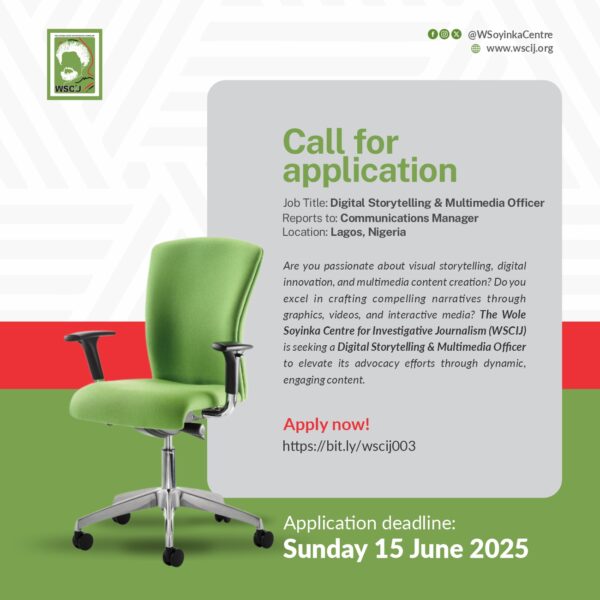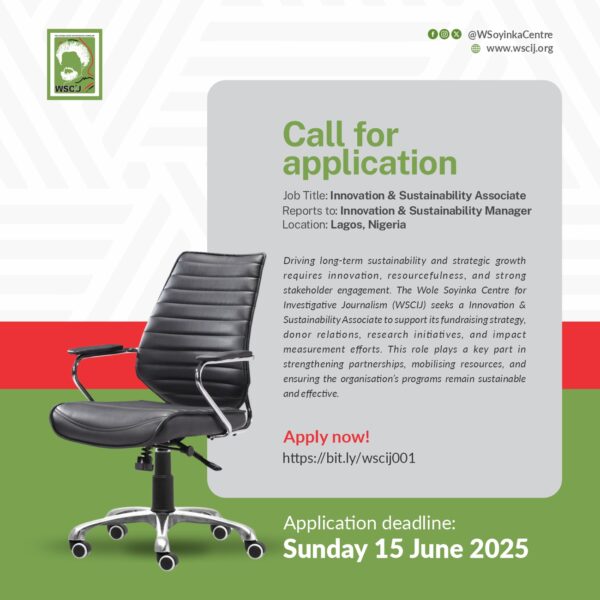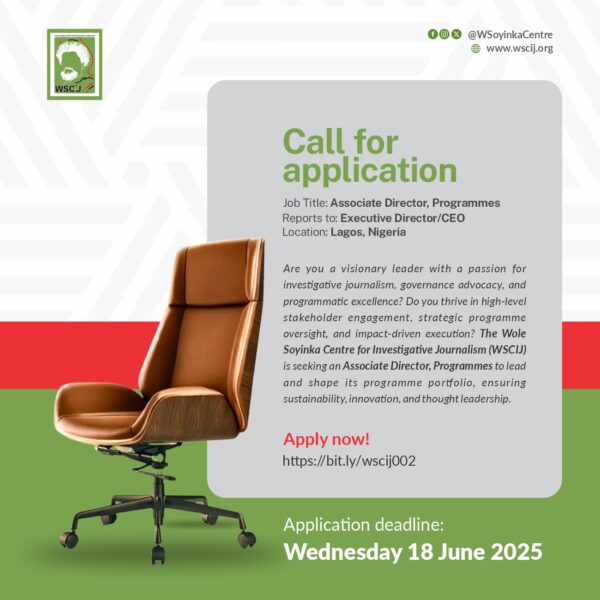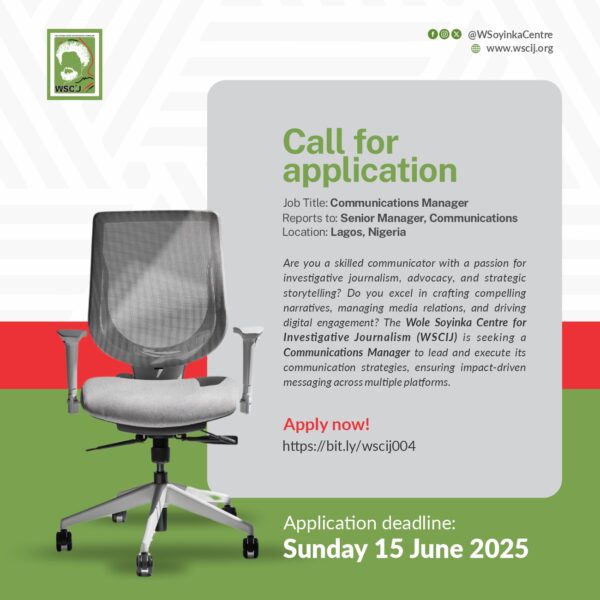As we mark the 2019 World Press Freedom Day under the theme “Media for Democracy: Journalism and Elections in Times of Disinformation”, it is important that we consider how well the media in Nigeria measure up to the standard of informing the public. To this end, we are repurposing some key lessons from the tenth Wole Soyinka Centre Media Lecture held in July 2018, with support of MacArthur Foundation.
Speakers at the event— Ibrahim Gambari, former Minister for External Affairs and erstwhile United Nations Under-Secretary General; Joe Abah, Nigeria Country Director, DAI Global; Eugenia Abu, former Executive Director of Programmes, Nigeria Television Authority (NTA); Umaru Pate, Pioneer Dean, Faculty of Communication, Bayero University, Kano; and Mnguember Sylvester, Professor of Literature and Gender Studies, University of Abuja, offered some viable insights into the issue of disinformation in journalism practice. In case you missed it, here are some excerpts from the event.
The lead speaker, Professor Ibrahim Gambari, established that there was the issue of disinformation in media use. He said, “There are those who are using the media to fan the flames of distrust, hate, violence and ultimately war. These agents of destruction are the masterful proponents of hate speech, fake news, alternative facts and they are really the enemies that investigative journalists must confront head on in their investigative reporting.”
According to him, those are weak leaders, and “weak leaders subvert institutions; they cannot tolerate a free press; they cannot handle investigative journalism; they cannot handle oversight.”
Confirming the problem of disinformation, Professor Mnguember Vicky-Sylvester said “I have been to dozens of places in conflict and journalists’ reportage do not cover the truth on ground.”
On his part, Professor Umaru Pate explained that “War is not something that a country may necessarily come out to say we are preparing for, but with fake news, with distribution of hatred and then the preparation of people’s minds to oppose other people that are not within their own groups, we are preparing for war.”
Professor Pate hinted on the complexity of disinformation in the media. He said, “The commercialisation of the broadcasting space, the collapse of ethics in the media industry and the desire to survive in the midst of competition have all compounded our problems in form of distribution of hatred that we call news.”
In the midst of the dynamics, Eugenia Abu, posited that the “journalist in Nigeria today is a person who is an endangered species. There are publishers who say to him, “I’m not going to pay you, go and find your pay.”
“There is a problem with the ownership structure. There is a problem with commercialisation. People are looking for headlines and it does not matter whether Nigeria burns. So, are we practising media or we are practising something else? How much research do we do before breaking the news?” she added.
The speakers proffered investigative journalism as the solution to the problem of disinformation in media practice. Professor Ibrahim Gambari posited: “We need ruthless investigative journalism to expose clinical facts about Nigeria—who is doing what? To whom? — while pushing for more openness, transparency and accountability.”
Dr. Joe Abah said, “We are all aware of the role of fake news in major crises such as the ones in Rwanda, South Sudan, and in very many other places. What needs to be stressed is that investigative reporting is actually a conflict resolution mechanism.”
Finally, Professor Pate called for the reactivation of the radio system in the country. He said, “We need to reactivate national broadcast system so that people in Lagos will know what is happening in Maiduguri; people in Enugu will know what is happening in other parts of the country. Then, we can continue to exchange information instead of depending on the social media to be exchanging hatred, fake news and abuses among us.”
As we celebrate the 2019 World Press Freedom Day, the Wole Soyinka Centre for Investigative Journalism reiterates her commitment to searching for and advancing the truth amidst the growing babel of untruths in the media.







